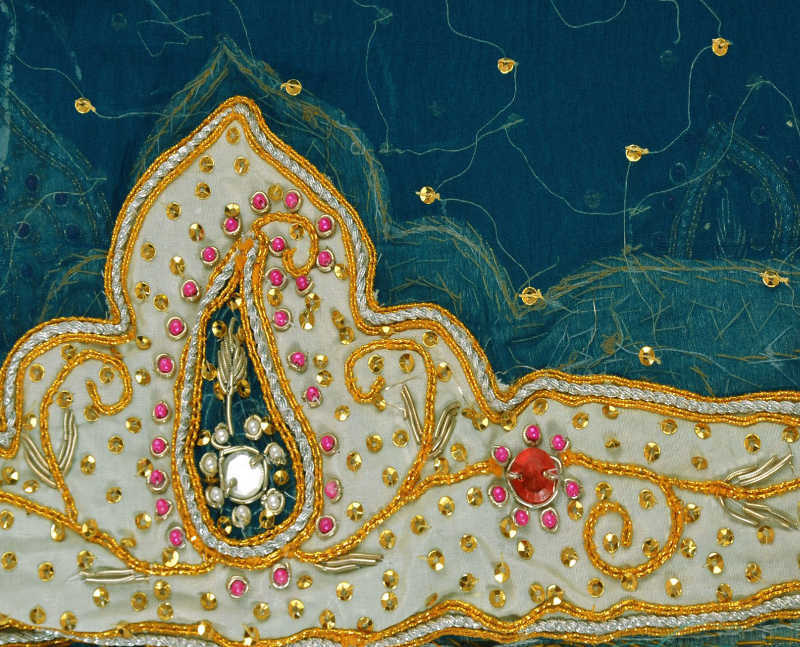===
0853,
9
===

=== |
 |
FWP:
SETS == SUBJECT?
MOTIFS
NAMES
TERMSSRF reads (1a), in which the masculine plural polite verb agrees with Mir, and the speaker is referring to him respectfully while then speakingly intimately to the beloved, urging her to let bygones be bygones. But (1b), in which the verb agrees with the beloved, and Mir is referring respectfully to her while talking to himself, seems equally possible.
There's also the enjoyable triple play of āʾe -- gaʾīñ -- jā .